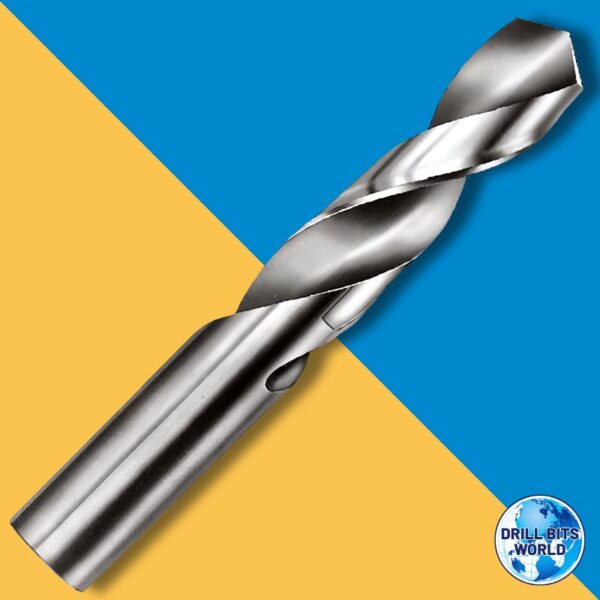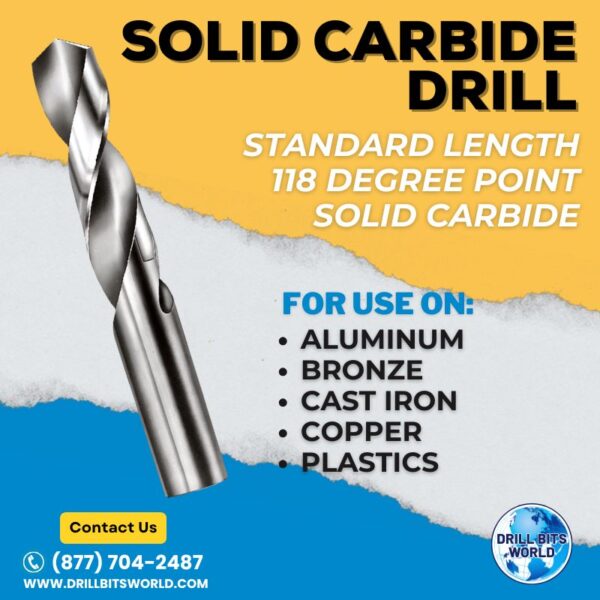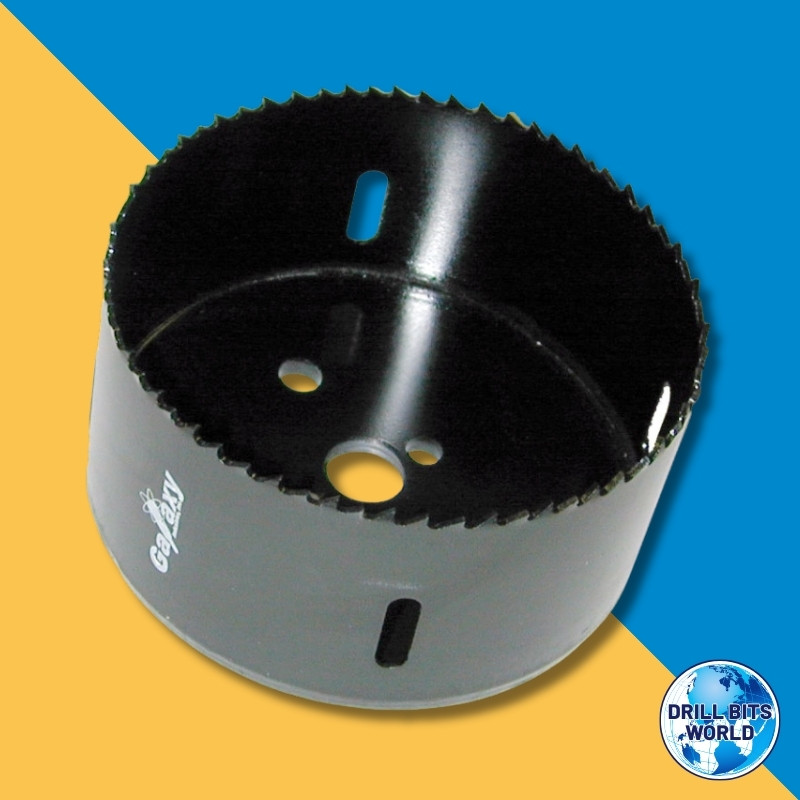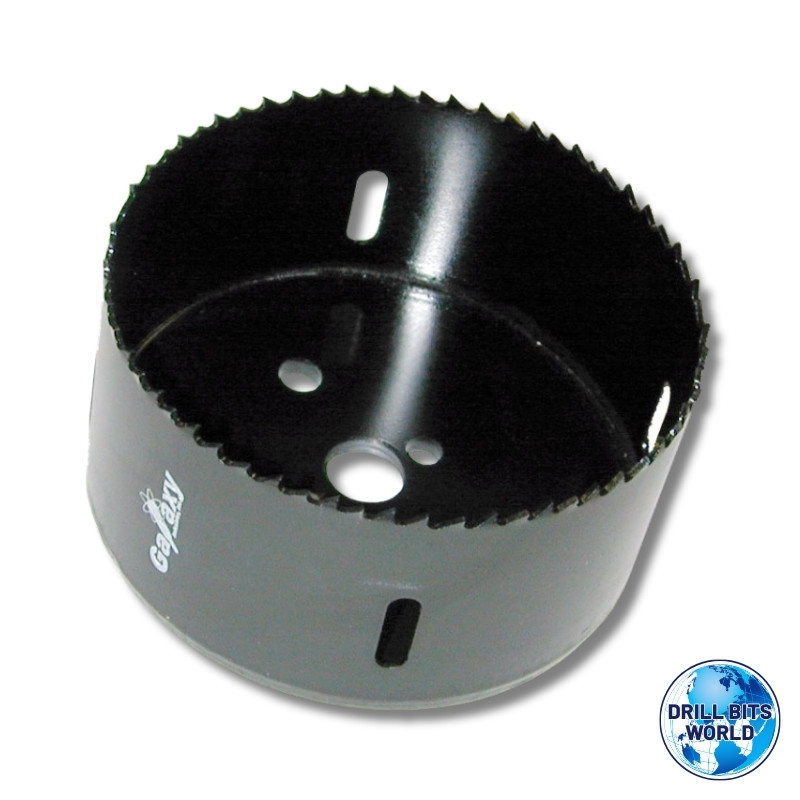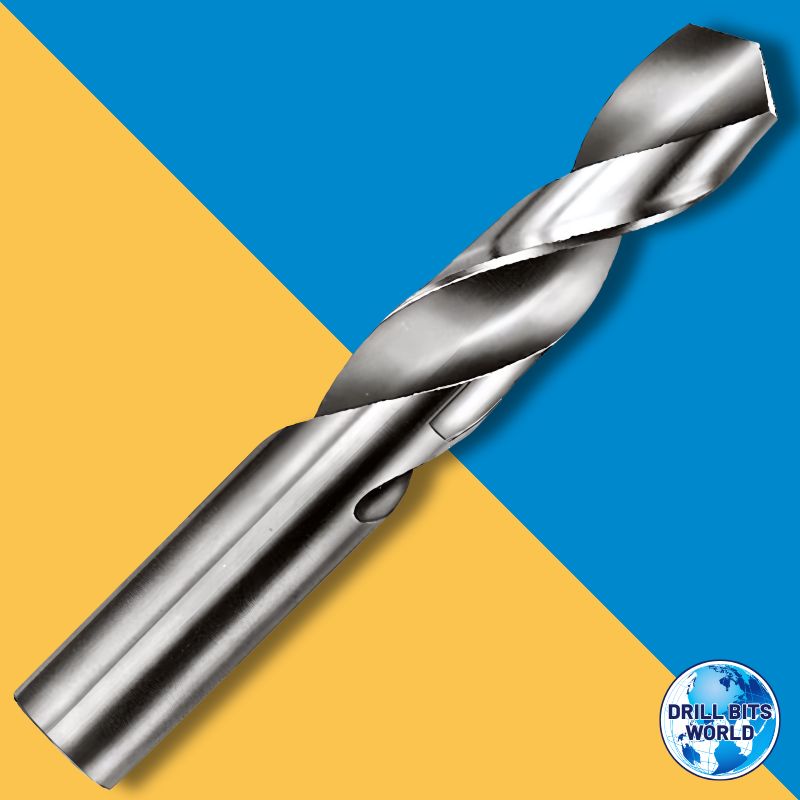Solid Carbide Drill Bit – Standard Length – Metric Size
Price range: $35.64 through $359.94
- Description
- Additional information
- FAQ's
Description
Solid Carbide Drill Bit – Standard Length – Metric Size | Discover the exceptional precision and durability of the C800M Solid Carbide Drill Bit, designed in standard length and metric sizes for professionals who demand top-tier performance. With a 118-degree point for clean and accurate hole starts, these drill bits are perfect for tackling metal, plastic, composites, and other challenging materials. Engineered for longevity and consistent results, the C800M drills provide superior wear resistance and rigidity, making them the preferred choice for demanding shop and field applications. Elevate your drilling experience with the C800M Solid Carbide Drill Bit and confidently tackle your projects.Additional information
| Diameter Size | Various (See Above) |
|---|---|
| For Use On | Aluminum, Bronze, Cast Iron, Copper, Plastics |
| Material | Solid Carbide |
| Flute Length | Various (See Above) |
| Overall Length | Various (See Above) |
| Point | 118 Degree |
| Size Type | Metric |
FAQ's: Carbide Drills
Will a carbide bit drill stainless steel?
Yes—carbide bits excel at cutting stainless steel with proper speed, feed, and lubrication.
Why are carbide bits so expensive?
Tungsten carbide is costly to produce and machine, plus it offers superior performance and lifespan.
Which is better cobalt drill bits or carbide tipped drill bits?
Cobalt is better for general hard metal work; carbide tipped is best for extreme hardness or abrasive materials.
What’s better than carbide drill bits?
For most metals—nothing. For masonry, diamond bits can outperform carbide in speed and durability.
What are the advantages of carbide tips?
Longer life, better heat resistance, faster cutting, and the ability to drill harder materials.
What are carbide tipped drill bits used for?
Drilling through masonry, concrete, tile, hardened steel, and other tough materials.
Is carbide tipped the same as diamond tipped?
No. Carbide tipped uses tungsten carbide inserts; diamond tipped uses bonded diamond grit for cutting.
How to tell if a drill bit is carbide tipped?
The cutting edges will be visibly brazed onto the steel body, often a different color or texture.
How to tell if a drill bit has a carbide tip?
Look for a silver or gray insert at the cutting edge—different from the bit’s main body.
How long do carbide drill bits last?
With proper use, they can outlast HSS by 10–20 times, especially in hard materials.
Do carbide drill bits break easily?
They’re extremely hard but brittle—excessive side pressure or flexing can cause breakage.
Can you sharpen carbide tip drill bits?
Yes, but you’ll need a diamond grinding wheel—standard grinders won’t work.
Can you recycle carbide drill bits?
Yes. Many scrap yards and tool suppliers buy used carbide for recycling.
Are titanium drill bits stronger than carbide?
No. Titanium-coated bits are still HSS underneath. Carbide is harder and more wear-resistant.
Are diamond drill bits better than carbide?
For stone, tile, and glass—yes, diamond is better. For metal, carbide outperforms diamond bits.
Are cobalt bits better than carbide?
Not for the hardest materials. Cobalt is tougher and more forgiving, but carbide stays sharper longer and handles extreme hardness better.
Are carbide drill bits worth it?
Yes—if you drill hard materials like stainless steel, cast iron, or hardened alloys. They cut faster, stay sharp longer, and handle heat better than HSS.

